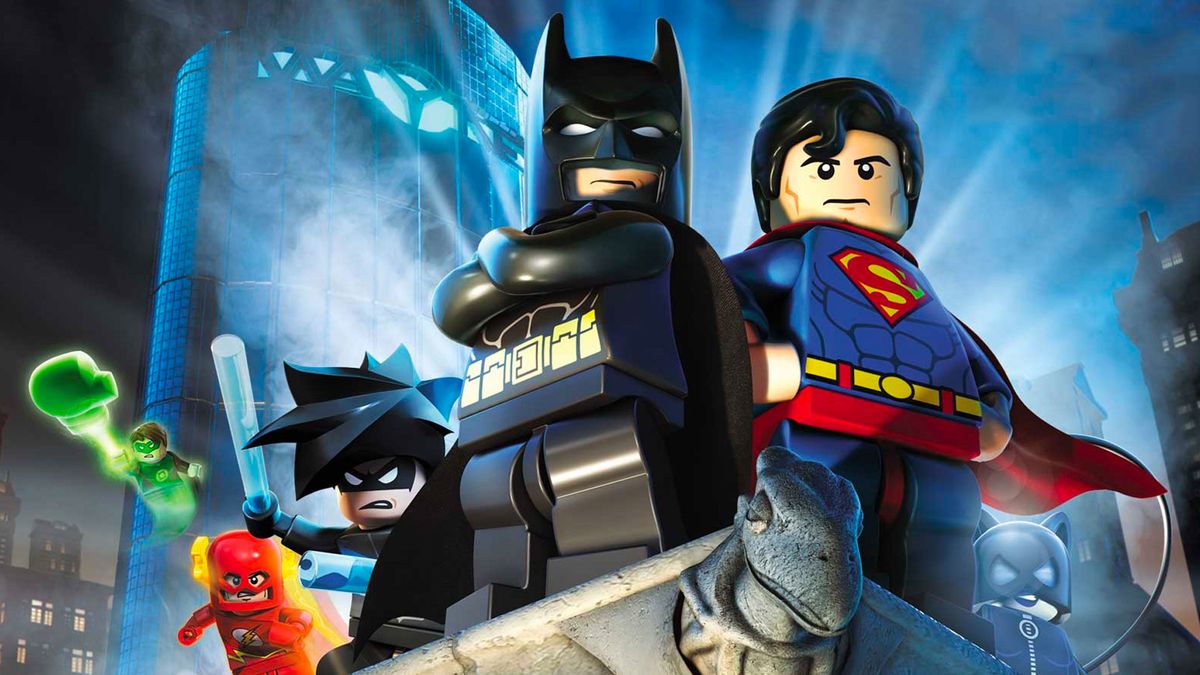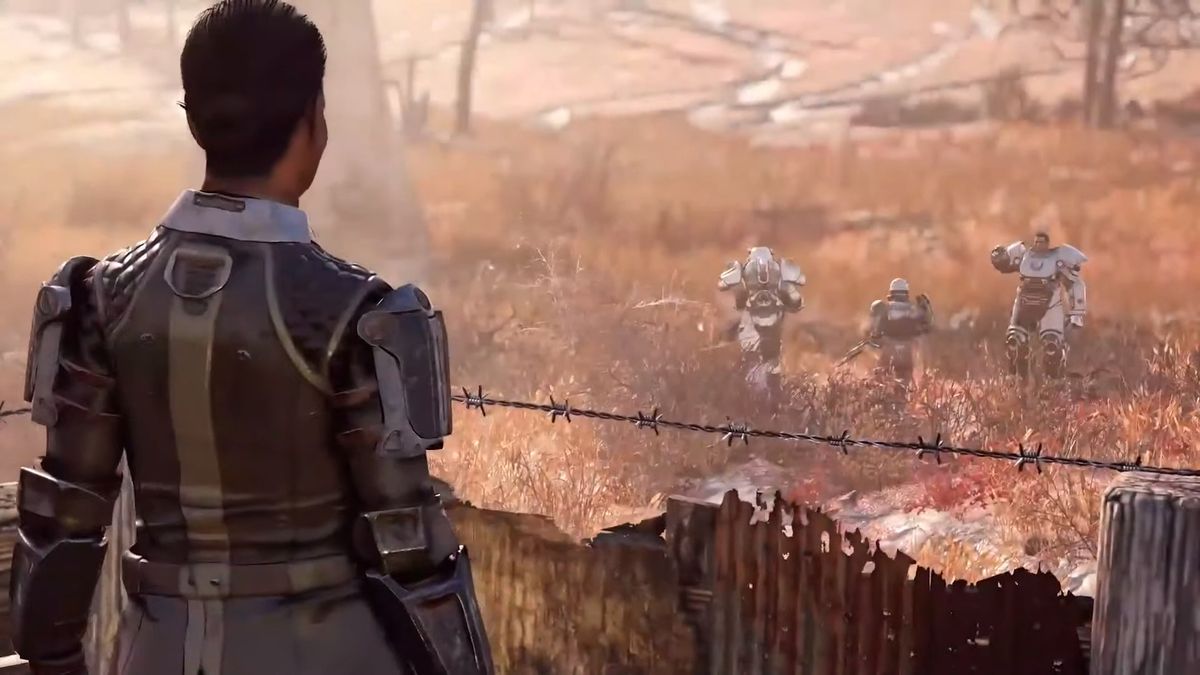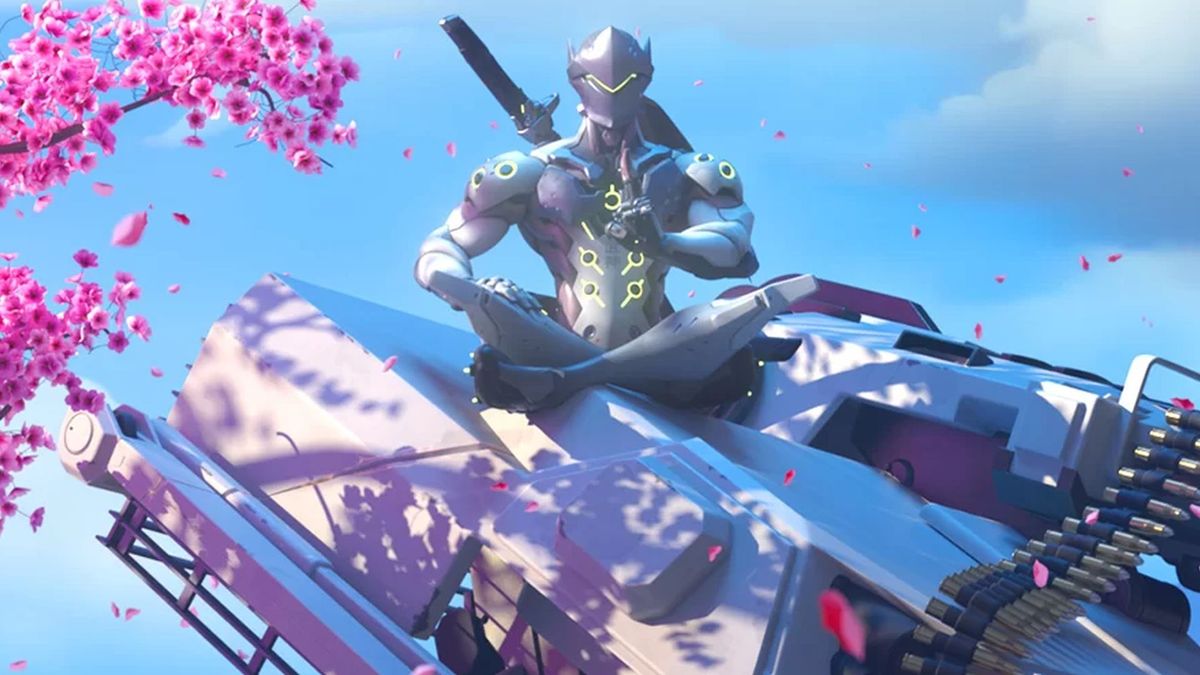
This feature was originally published in SFX #219
“I tried to resist this, but professorial shout-outs are a weakness,” Joss Whedon admits about having the SFX Heroes And Inspirations feature bait dangled in front of him.
After biting hook, line and sinker, the Avengers helmer and Buffy creator thought things over for the better part of a week, digging deep to select the influences that give him creative spark.
“I tried to think about people that I haven’t already talked about constantly, because everyone already knows about Charles Dickens and Stan Lee and some of those fellows who were also huge influences on me,” Whedon tells SFX . “So I’ve tried to come up with people who you might not be aware of. I do have a few.”
From comedians to choreographers, and from directors to Duck-scribes, yes, there are a few…



Robert Klein
“He was a standup comedian, and I had two of his albums – Child Of The ’50s and Mind Over Matter – that I just listened to constantly when I was a kid. Back then, I used to listen to a ton of comedy albums; everybody did. Those Robert Klein albums were sitting at our farm and I just spun them over and over and over and over and over. His were the most observational, with narratives about his life and the world. Bill Cosby and Steve Martin would pick up on that and later do very funky kind of stuff that was their own style, but Klein was a trailblazer, this very classically-styled comedian, sort of a raconteur, an observationalist. When I think about how to build comedy, he’s the guy I still go back to and study. He’s the guy who taught me you could build comedy out of narrative, and even the story of your own life.”

Jerome Robbins
“Not just because I think he’s an extraordinary choreographer and director, and because he came up with the idea for West Side Story , but because West Side Story did something that I find the most thrilling thing in any kind of art or fiction: juxtaposition. West Side Story was my first real taste of taking two different worlds and smashing them together. Seeing these gang kids… doing ballet? Seeing those two things mesh – or even conflict! – but just to be in the same frame together… that was a huge thing for me. And it remains one of the greatest thrills in my life to see these two very different things, these two great art forms, come together. It’s something I’ll never get over. That for me was very important, and showed me that you can really do two different worlds at once in storytelling.”

Frank Borzage
“He’s a director that I learned about in college that I adore. He worked in the silent films, and then in melodramas in the 1930s through the 1950s. He’s largely forgotten by the greater community, but a lot of his movies were very big — 7th Heaven , The Mortal Storm and Three Comrades in particular are still regarded as absolute classics. He just had this uncompromising transcendence about his work that unified everything he did. There was always an extraordinary amount of humour and life and texture in everything he did, but, usually, transcendence through death. There was usually somebody giving up their life for something. He did a noir , Moonrise , that was just heartbreaking. He was always very, very attuned to the idea of the human soul, and what it meant. And his work was gorgeous.”

Steve Gerber
“When I opened up my first issue of Howard The Duck , I was already enough of a Marvel geek to know the character from Man-Thing and such. But I was truly unprepared for the full Steve Gerber experience. When you open up your first issue of a new comic and here’s the title character contemplating suicide, and oh, yeah, PS, he’s a duck!… Well, as a writer, you’re already busting it all open — your mind, your heart, your soul. No one wrote losers like Steve. Particularly in his work on Howard The Duck and Defenders — these were real washouts, these were the losers of the otherwise bright and powerful Marvel Universe. But Steve would use these characters as conduits to really pick apart society right in the middle of Marvel Comics, and do it so very blithely and intelligently. I was always stunned by his ability to do that.”

Stephen Bochco
“I choose Stephen Bochco because of Hill Street Blues . It took me a while to realise, but that was so much more of a template for Buffy The Vampire Slayer than anything else. With Hill Street Blues , you never knew what you were getting. You never knew if a scene was going to be dramatic, or funny, or violent, or what. Bochco would mix it up all the time, every time. And there wasn’t really a show that did that before. The audience would sit down and not know who the hero was going to be, who was going to come through, who was going to fail, who was going to suddenly make you laugh, what you were going to end with or what feeling you were going to take away. That was a very bold thing to do. The thing that made the show so riveting was that he made life out of it by keeping the show from being formulaic. Most TV is, by its very nature, formulaic. There’s nothing more exciting to me than not knowing what I’m going to get. And that’s the kind of TV that I ended up trying to make.”

Rod Serling
“Rod Serling was writing great television even before he decided to just break the mould and write some of the most important TV ever. Even before you get to The Twilight Zone , the old television dramas such as Playhouse 90 , Ford Theater … I love those things. And of course Requiem For A Heavyweight is also one of the all-time greats. The Twilight Zone terrified me and intrigued me, but most importantly, it just taught me and taught me. And the fact that he made himself a little star in it as well was very clever! At the end of every episode, you’d get him wrapping it up by saying, ‘Oh, and by the way, there’s a man in the room, chain-smoking and knowing everything.’ He was always the coolest guy in the room, and a very omniscient presence in his own show.”
Frances Hodgson Burnett


The Seventh Seal
“My mom would rent 16mm films and show them on the living room wall. And pretty much every year for at least 10 years in a row, we’d watch Ingmar Bergman’s The Seventh Seal . It’s not exactly like other films you might see when you’re 10 years old, right? But this is one I really love. The almost comic book-y absurdity of Death walking around as a character in what is, in most other terms, a very realistic movie, again quite a juxtaposition. Bergman’s sensibility in his black-and-white imagery is also a wonder. The bleakness never seemed nihilistic. And Max von Sydow as Antonius Block is just about as beautiful as a guy ever was on film. Geez, that guy had a jaw!”

Buck Rogers In The 25th Century
“We’re not talking about the TV show. I cannot stress that enough. I’m not talking about the TV show, and for the purposes of this conversation… we will never talk about that TV show. I’m talking about the comic strip. I had a book collecting the old comic strip when I was little, that started right at the beginning of the strip, and ran continuously for at least the first couple of years. Everything I love about SF is rooted in that. I love that style of art and that time. I adore the jumping belts, and Wilma Deering wearing a leather football helmet, and the fact that everyone had ray guns. And they were in Zeppelins! Extra points for that. And the way they managed a hook at the end of every four panels to keep you coming back for more every… single… day! was just fascinating. It’s very old-fashioned, pop and pow, and there’s nothing remotely ironic. It’s just this great sci-fi, pulpy action coming at ya.”

John Williams
“Seriously, the thing that I love about him and why he’s on this list even when I wanted to make it about people who weren’t on other people’s lists is not because he wrote all the themes and anthems and basically the entire musical narrative of my childhood, but because he just… keeps… getting… better! Seriously, every time out, his work just keeps getting more interesting. It’s so easy in this business to just make a splash and spend the next few decades just wading around in that same puddle. But the stuff John Williams has been doing in the last decade – Angela’s Ashes , Memoirs Of A Geisha , AI – it’s just… dazzling. It’s so good. He’s old school in his cue-specific work. It’s not the sort of “mood drone” that most movies do these days. He does so much for mood and tone, but you don’t realise he’s doing it. His work is indelible without being intrusive. And as he gets older, he just brings it more and more. And that’s nice. I would like to be able to do that moving forward. I would like my art to get better as I get older. And then when I get much older, I’d like to be able to still remember my name and feed myself.”
You can read more from Whedon in the Avengers Assemble feature in SFX220, on sale Wed 7 March .
 Game News Video Games Reviews & News
Game News Video Games Reviews & News



